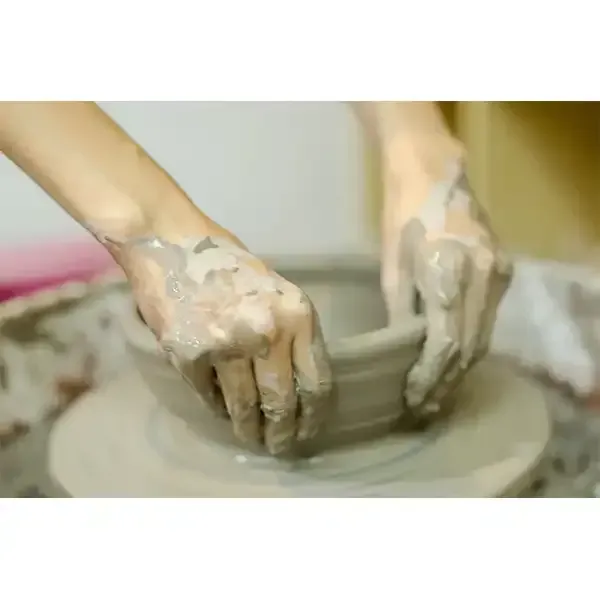The Importance of Ceramic Tile Adhesive A Comprehensive Guide
Ceramic tiles are a popular choice for both residential and commercial spaces due to their durability, aesthetic appeal, and ease of maintenance. However, a crucial element in ensuring that these tiles perform optimally is the adhesive used during installation. Ceramic tile adhesive plays a significant role in the longevity and stability of tile installations, making it essential for anyone considering a tiling project to understand its components, types, and applications.
What is Ceramic Tile Adhesive?
Ceramic tile adhesive is a specially formulated paste or compound that bonds tiles to surfaces such as floors, walls, and ceilings. This adhesive is designed to withstand various environmental factors, including moisture, temperature fluctuations, and heavy foot traffic, thus ensuring that the tiles remain in place over time. The type of adhesive chosen can significantly impact the installation process and the final outcome of the tile project.
Types of Ceramic Tile Adhesives
1. Cement-Based Adhesives These are the most common types of tile adhesives, made from a mixture of Portland cement, sand, and other additives. They are easy to handle and provide strong bonds, making them suitable for both small and large tile installations. Cement-based adhesives can be further subdivided into thin-set, medium-set, and heavy-duty adhesives, depending on the thickness of the application and the weight of the tiles.
2. Mastic Adhesives Mastic is a premixed adhesive that is easier to apply than cement-based versions. Typically composed of a blend of solvents, resins, and fillers, mastic adhesives are best suited for dry areas such as interior walls and residential bathrooms. However, they aren’t recommended for high-moisture environments like showers or outdoor installations due to their vulnerability to water.
3. Epoxy Adhesives Known for their superior bonding strength and resistance to water and chemicals, epoxy adhesives are often used in commercial settings or areas that experience heavy wear and tear. While they offer excellent durability, epoxy adhesives can be more challenging to work with and require a precise mixing of components before application.
ceramic tile adhesive

4. Modified Thin-Set Adhesives These adhesives contain additives that enhance flexibility, adhesion, and water resistance. They are ideal for both standard tiling jobs and challenging installations, such as those over existing tiles or in wet environments.
Choosing the Right Adhesive
Selecting the appropriate adhesive for a project depends on several factors, including the tile type, size, weight, and the specific environment where the tiles will be installed. For instance, larger tiles or heavier materials will require a more robust bonding solution, such as a modified thin-set adhesive or an epoxy. Additionally, areas exposed to moisture should always utilize adhesives that provide waterproofing capabilities to prevent tile failure.
Application Tips
To ensure the successful application of ceramic tile adhesive, it’s crucial to prepare the surface properly. This means cleaning the area of any dust, grease, or debris that could hinder adhesion. It is also important to follow the manufacturer's instructions regarding mixing and application techniques. Using the right trowel size will ensure an even layer of adhesive is spread, providing optimal support for the tiles.
Once the tiles are installed, allowing adequate curing time is essential. This period can vary based on the type of adhesive used, so adhering to the guidelines provided by the manufacturer can prevent issues down the line.
Conclusion
In conclusion, ceramic tile adhesive is a pivotal component in any tiling project, and understanding its types and applications can significantly influence the quality of the installation. By selecting the right adhesive and following proper application techniques, homeowners and contractors can ensure that their tile surfaces remain beautiful and durable for years to come. Whether you're renovating a kitchen, updating a bathroom, or laying down a new floor in a commercial space, investing time in choosing the right adhesive will pay off in the long term with fewer repairs and maintenance needs.
-
Rdp Powder: Key Considerations for Wholesalers in the Building Materials IndustryNewsJul.08,2025
-
Key Considerations for Wholesalers: Navigating the World of Hpmc - Based ProductsNewsJul.08,2025
-
Hpmc Detergent: Key Considerations for WholesalersNewsJul.08,2025
-
Key Considerations for Wholesalers: China Hpmc For Tile Adhesive, Coating Additives, Concrete Additives, and MoreNewsJul.08,2025
-
Crucial Considerations for Wholesalers: Navigating the World of Construction MaterialsNewsJul.08,2025
-
Key Considerations for Wholesalers Sourcing Additive For Cement, Additive For Concrete, Additive For Putty from Additive Manufacturer Shijiazhuang Gaocheng District Yongfeng Cellulose Co., Ltd.NewsJul.08,2025




